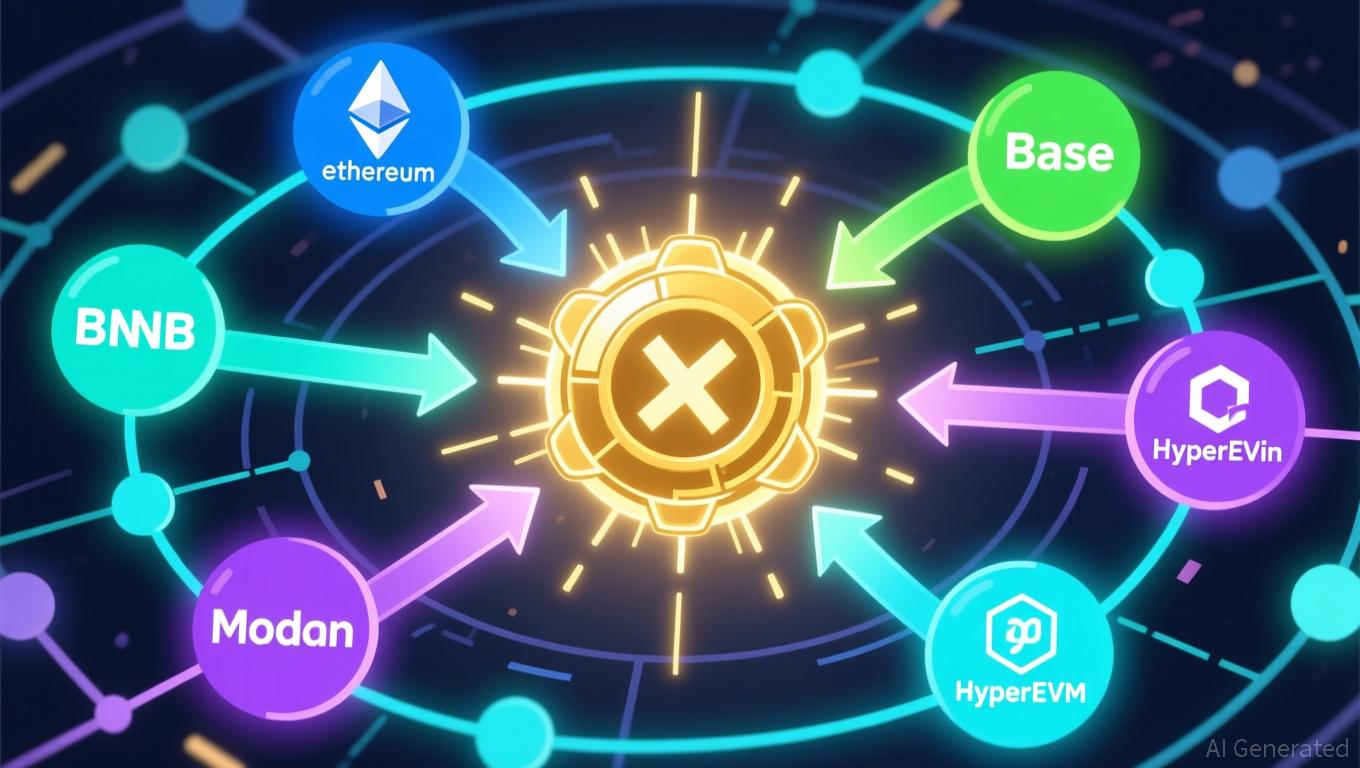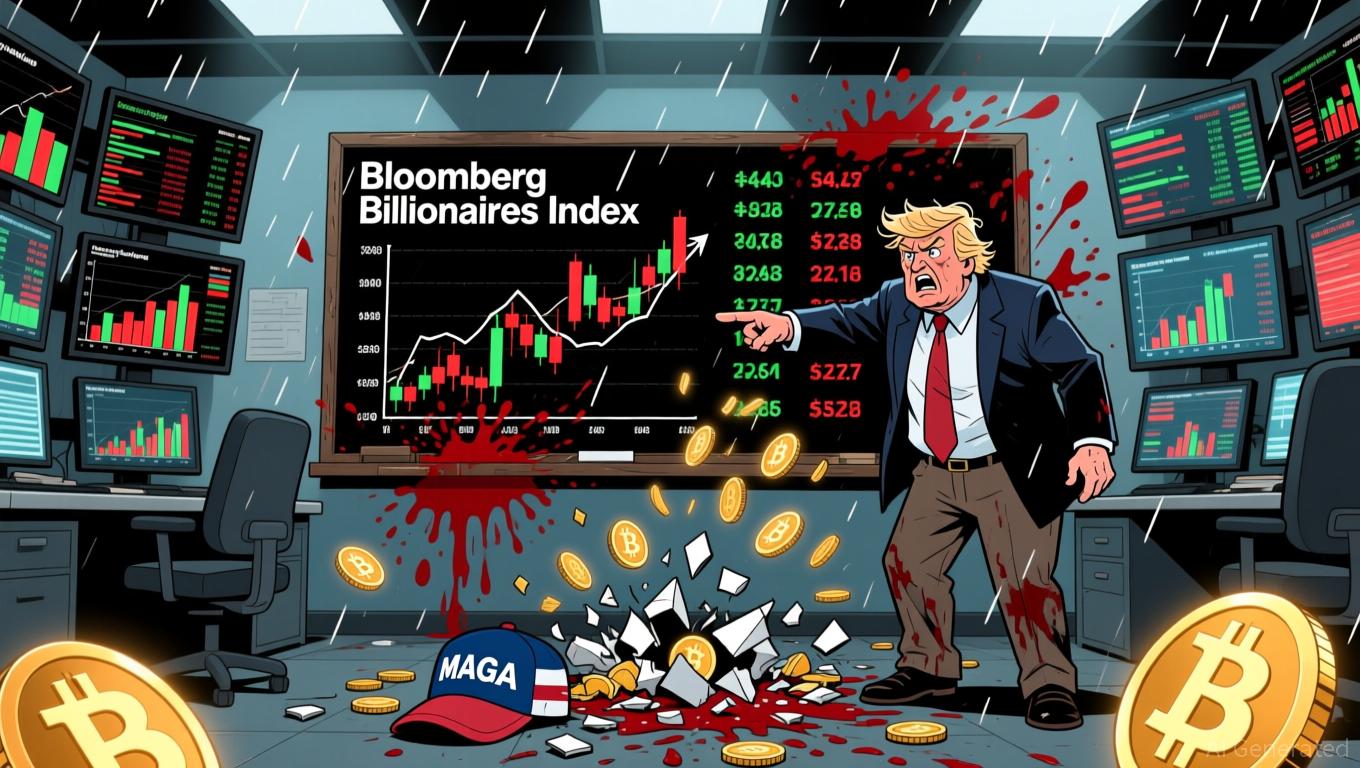Iran plans crypto strategy with BRICS to work around global sanctions
Iran is pushing forward with plans to adopt cryptocurrencies for international trade settlements as a way to circumvent U.S. and U.N. sanctions.
- Iran advances crypto-based trade plans after sanctions return, calling it essential.
- Officials frame digital currencies as a required workaround to restricted payment rails.
- Industry leaders warn Iran’s unclear crypto rules threaten adoption and infrastructure.
The strategy was shared at the deBlock Summit, Iran’s first government-backed international blockchain conference, where officials called digital currencies a necessity for the sanctions-hit economy.
The move comes after France, the U.K., and Germany triggered a ‘snapback mechanism’ in August 2025 that restored international sanctions on Tehran.
Iranian leadership positions crypto as sanctions workaround
Mohammad Bagher Ghalibaf, Speaker of the Iranian Parliament, told the deBlock Summit that digital currencies offer fresh pathways for commerce and cross-border payments. “Independent nations can benefit from these new payment methods,” Ghalibaf said.
As per a report by The Hindu , the speaker framed cryptocurrency adoption as critical for Iran’s economic survival. “Settling international transactions in digital currencies isn’t optional for us – it’s required,” he stated.
Ghalibaf announced Parliament’s commitment to collaborating with universities, technology firms, and researchers on blockchain initiatives. He stressed the government’s focus on attracting foreign capital into the digital currency sector.
President Trump has threatened BRICS members with steep tariffs if they pursue an alternative currency system.
India’s foreign ministry rejected the concept in August 2025, stating that abandoning the dollar “is not part of India’s financial agenda.”
Industry leaders push back on regulatory gaps
Business leaders at the summit criticized Iran’s cryptocurrency regulatory framework as inadequate.
Ehsan Mehdizadeh, who runs Wallex Iran, the nation’s top crypto exchange, said during a panel that current rules lack clarity and transparency.
“A country facing sanctions cannot afford to reject innovative financial infrastructure. Yet Iranian regulators still haven’t grasped how blockchain technology functions,” Mehdizadeh argued.
He pointed to Iran’s SWIFT exclusion as justification for crypto adoption. “Digital assets offer a pathway around payment system restrictions,” he noted.
Iran’s Central Bank maintains sole authority over crypto market oversight. The institution has imposed restrictions preventing Iranian Rial conversion to cryptocurrencies through local platforms.
Crypto mining operations have received approval, though debate continues on energy pricing. Shamseddin Hosseini, who heads Parliament’s Economic Committee, raised questions about subsidized electricity rates for miners versus residential users.
Disclaimer: The content of this article solely reflects the author's opinion and does not represent the platform in any capacity. This article is not intended to serve as a reference for making investment decisions.
You may also like
XRP News Today: XRP Drops to $2.20 as ETF Investments Face Off Against Major Whale Sell-Offs and Derivatives Market Liquidations
- XRP fell below $2.20 despite $164M ETF inflows, showing institutional demand-price disconnection amid whale selling and derivatives liquidations. - Whale activity sold 200M XRP post-ETF launch, while RLUSD's 30-day volume surged to $3.5B, contrasting with broader crypto outflows. - Technical analysis highlights $2.20 support and $2.26 resistance, with JPMorgan forecasting $14B in XRP ETF inflows due to cross-border payment adoption. - XRP's 0.50% ETF exposure lags Bitcoin/Ethereum's 6.54%/5.5%, but deriv

Bitcoin News Update: Medium-Sized Investors Help Steady Bitcoin During ETF Outflows and Broader Economic Challenges
- Bitcoin (BTC-USD) rose above $90,000 for the first time in nearly a week, but remains down 19% month-to-date amid macroeconomic headwinds and ETF outflows. - Mid-sized holders (10–1,000 BTC) accumulated 365,000 BTC, stabilizing prices as institutional liquidity re-entered via a rare $238M ETF inflow. - Technical indicators suggest a fragile rebound, with BTC below its 365-day moving average and CryptoQuant's Bull Score Index at 20/100, signaling prolonged bearish sentiment. - Analysts highlight conflicti

Avail’s Nexus Mainnet Brings Liquidity Together to Address Blockchain Fragmentation
- Avail launches Nexus Mainnet, a cross-chain execution layer unifying liquidity across Ethereum , BNB Chain, and other major blockchains. - The platform uses intent-based routing and multi-source liquidity aggregation to address blockchain fragmentation and inefficiencies. - Developers gain SDKs/APIs for cross-chain integration, while users benefit from simplified transactions and reduced reliance on traditional bridges. - AVAIL token coordinates the network, with future Infinity Blocks roadmap aiming to

Bitcoin News Update: Bitcoin's Plunge Signals Trump's Diminishing Influence, as Crypto Connections Weaken Amid MAGA's Downturn
- Nobel laureate Paul Krugman links Bitcoin's $1 trillion crash to Trump's waning political influence and crypto-linked wealth decline. - Trump family's crypto assets lost $1 billion in value, with Eric Trump's ABTC shares down 50% and memecoins losing 90% of peak value. - Despite losses, complex financial structures like Alt5 Sigma holdings buffer the family, while Krugman ties crypto turmoil to fractured MAGA support. - Trump's pro-crypto policies face scrutiny as Bitcoin's $40k drop undermines his econo

